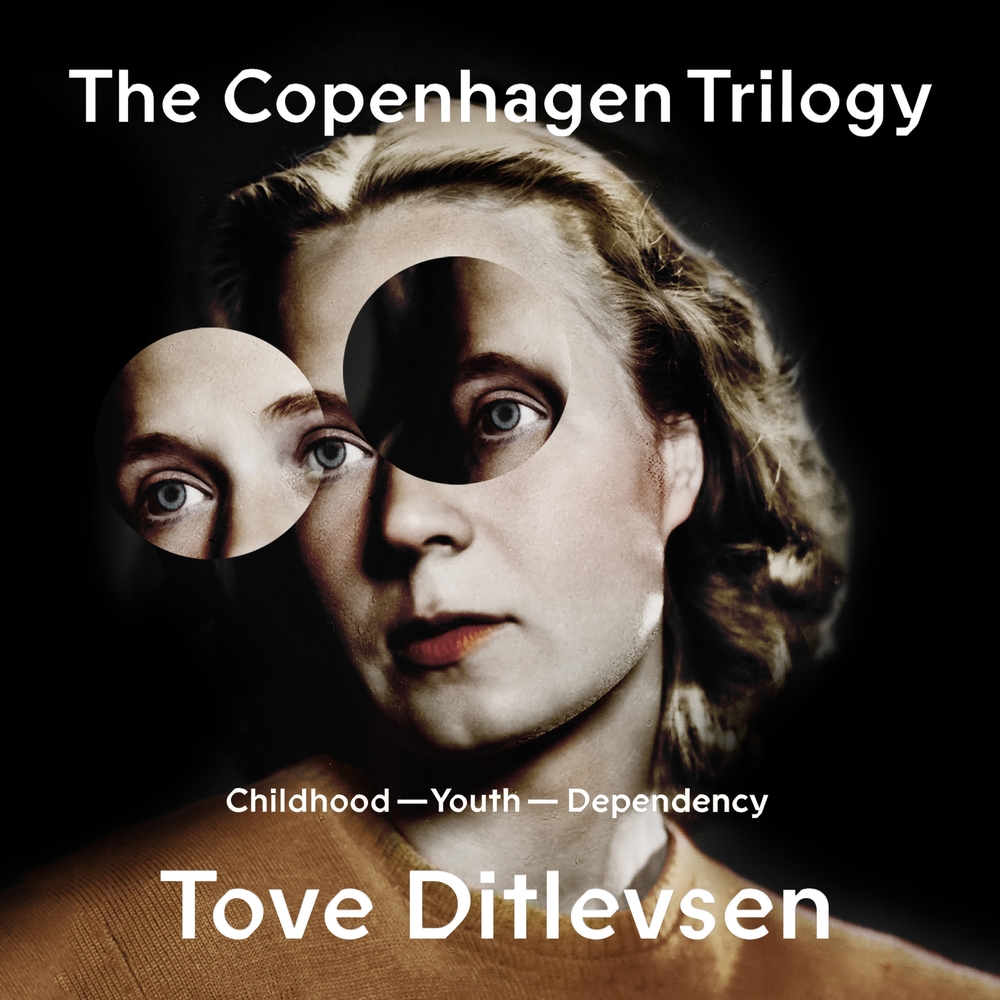In the opening pages of Immediate Family (192 pages; Farrar, Straus & Giroux), the unnamed narrator’s brother calls and asks her to give a speech at his wedding—and so begins the complex and careful family portrait that is Ashley Nelson Levy’s unshakeable debut novel. The time between this phone call and the impending speech is spent grappling with questions of what she should say, what she won’t say, what she has a right to say. In her attempts at finding answers, the narrator takes us through her life in the form of a letter to her younger brother Danny, detailing […]
Q&A with Ashley Nelson Levy: ‘Immediate Family’ and Diverging from the Adoption Narrative
by Oriana Christ




